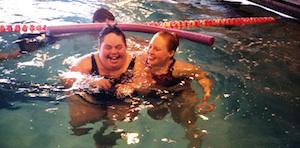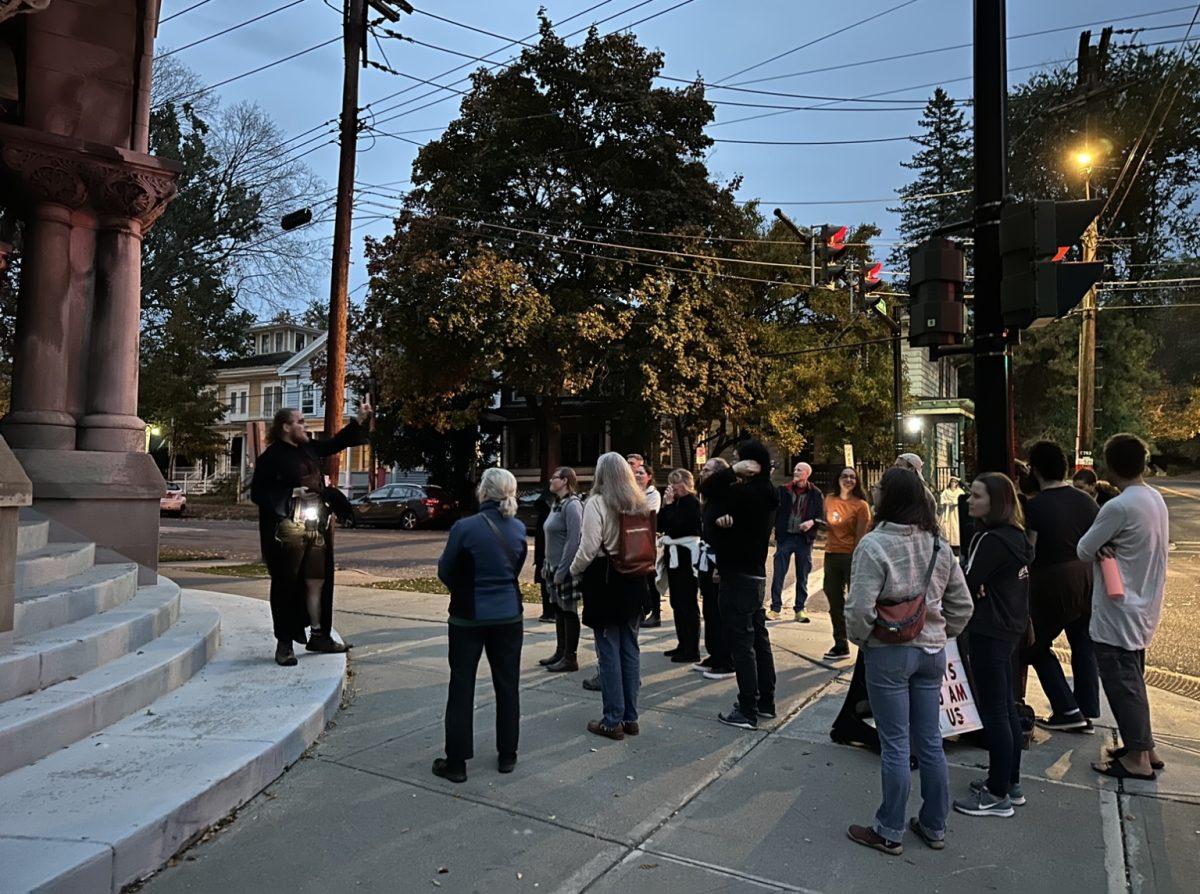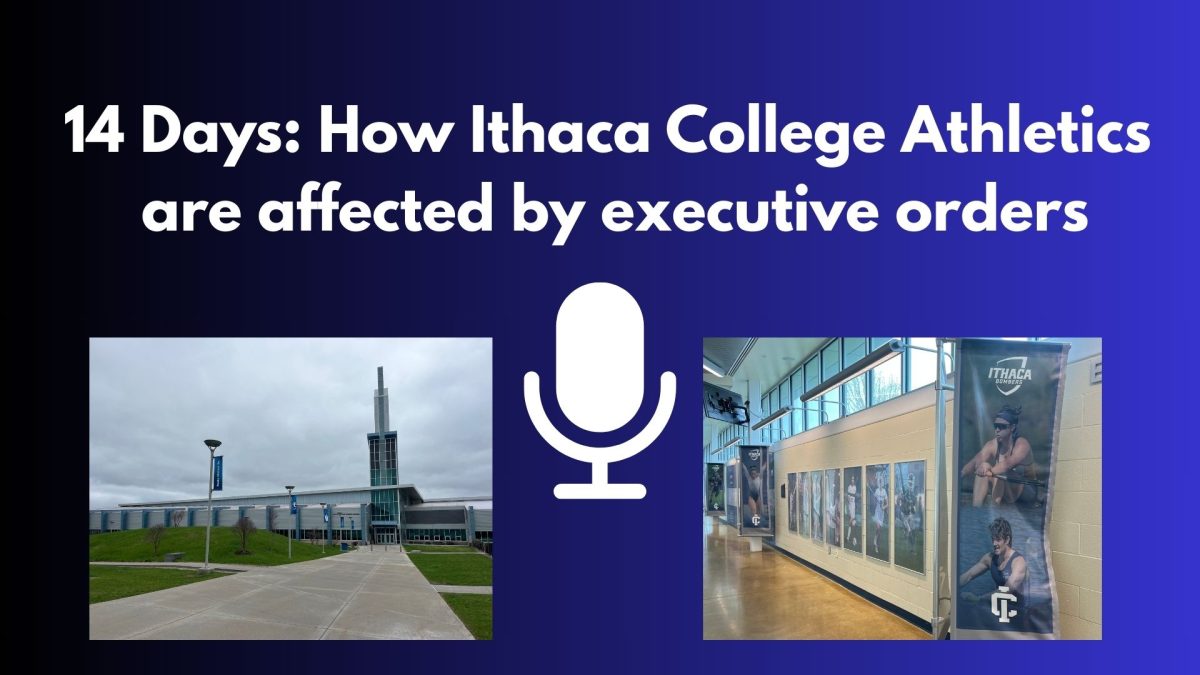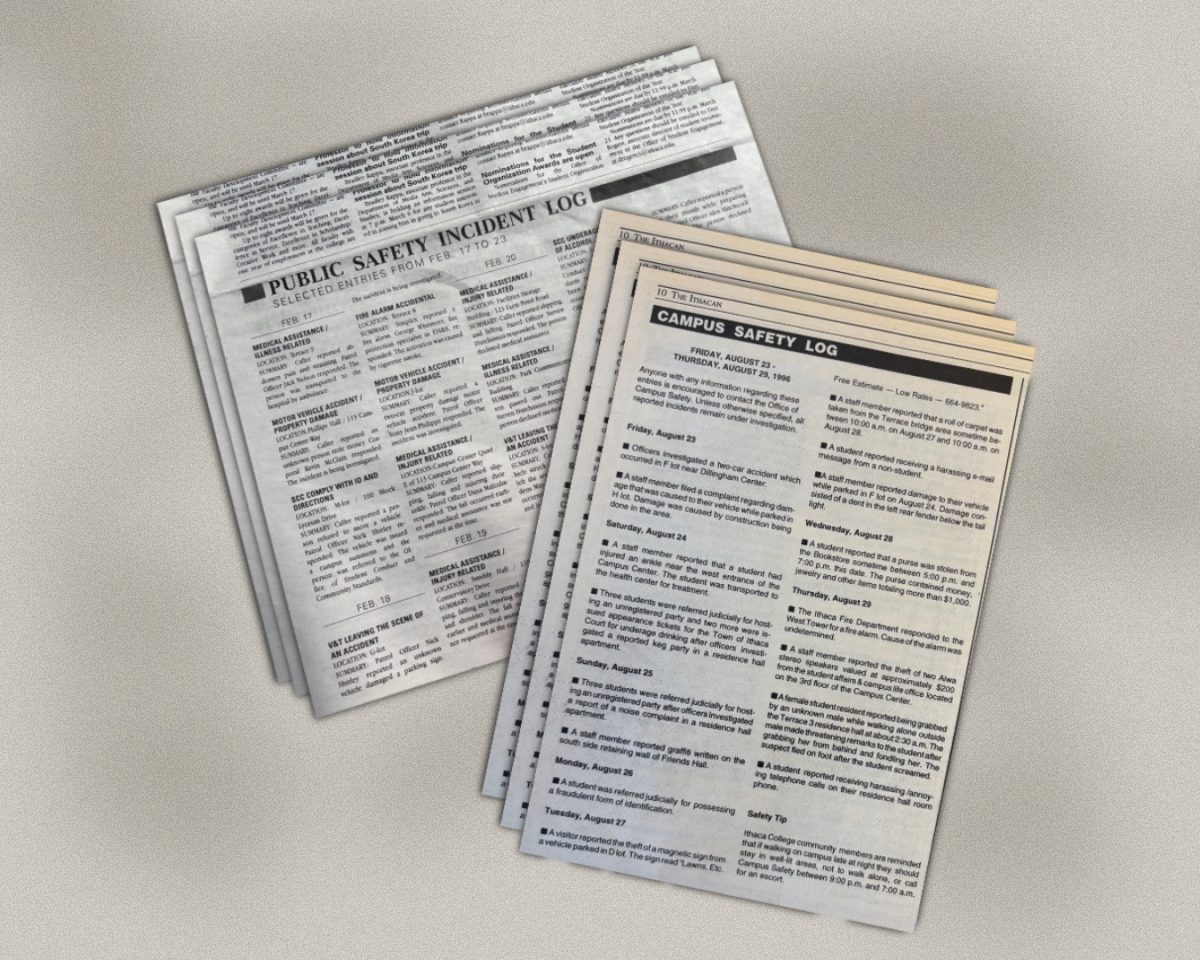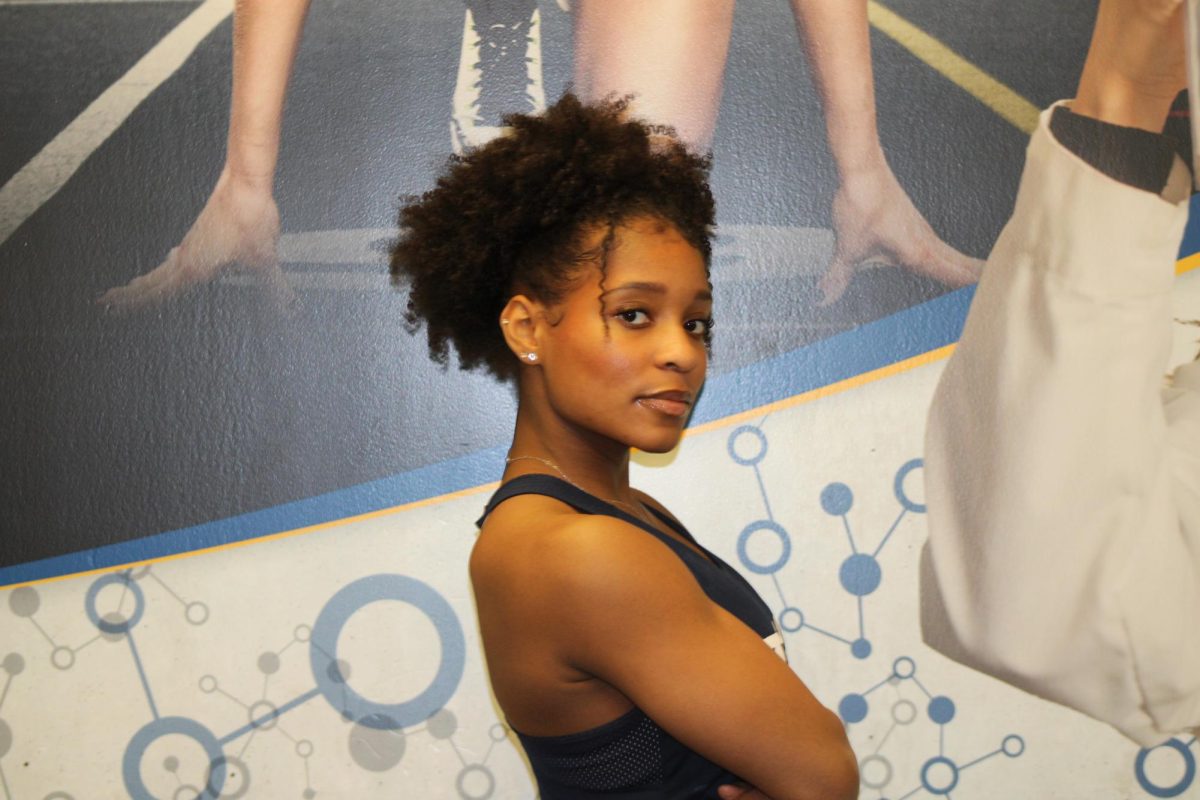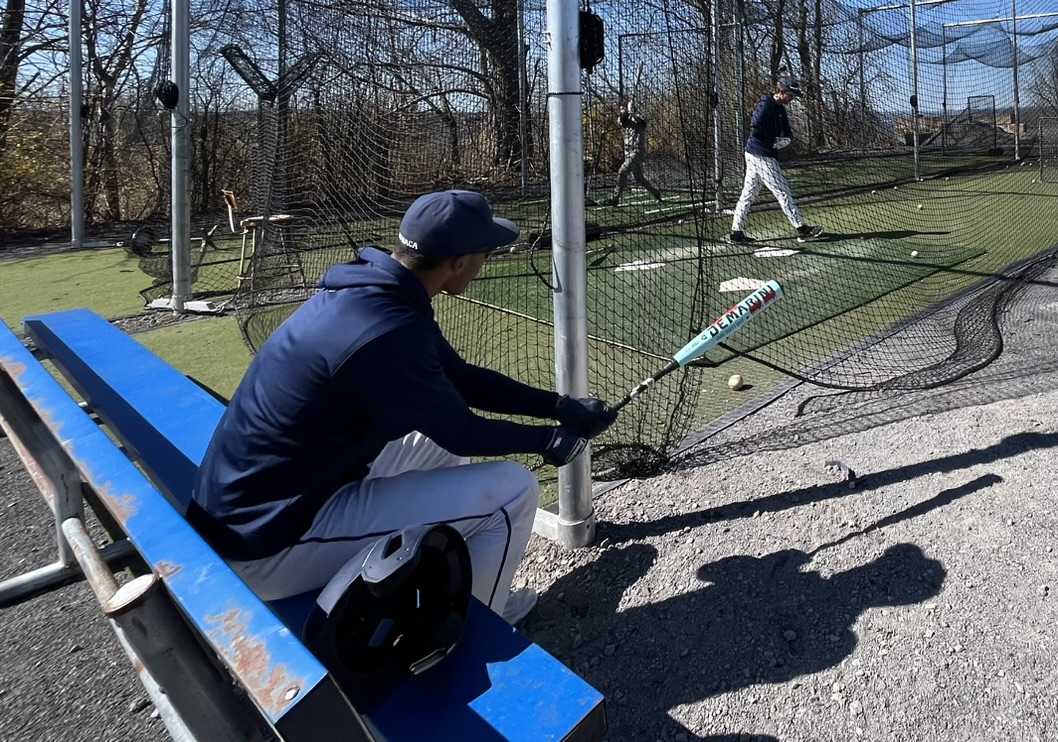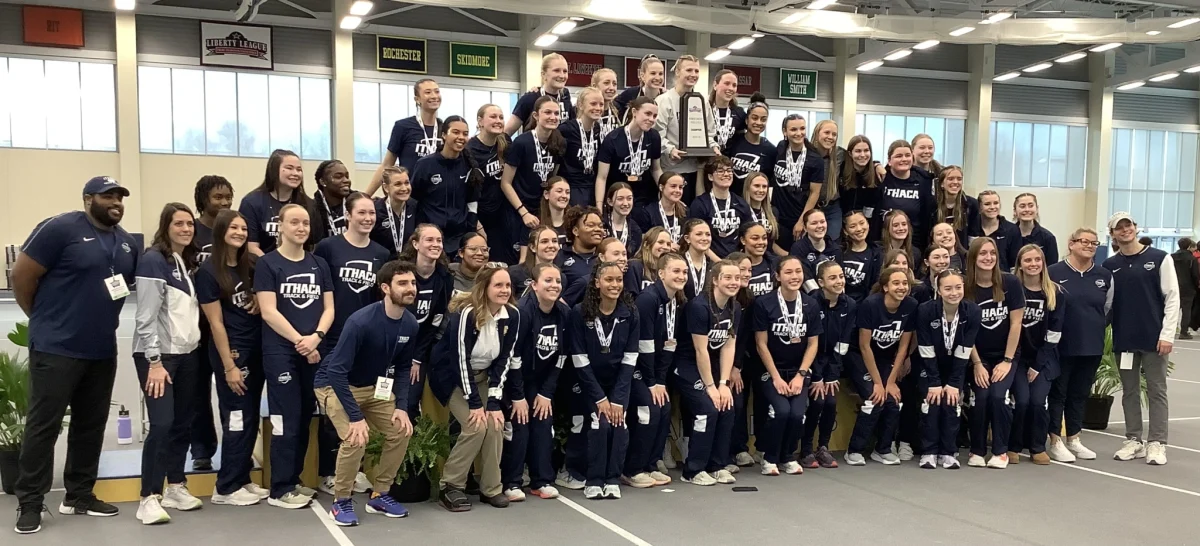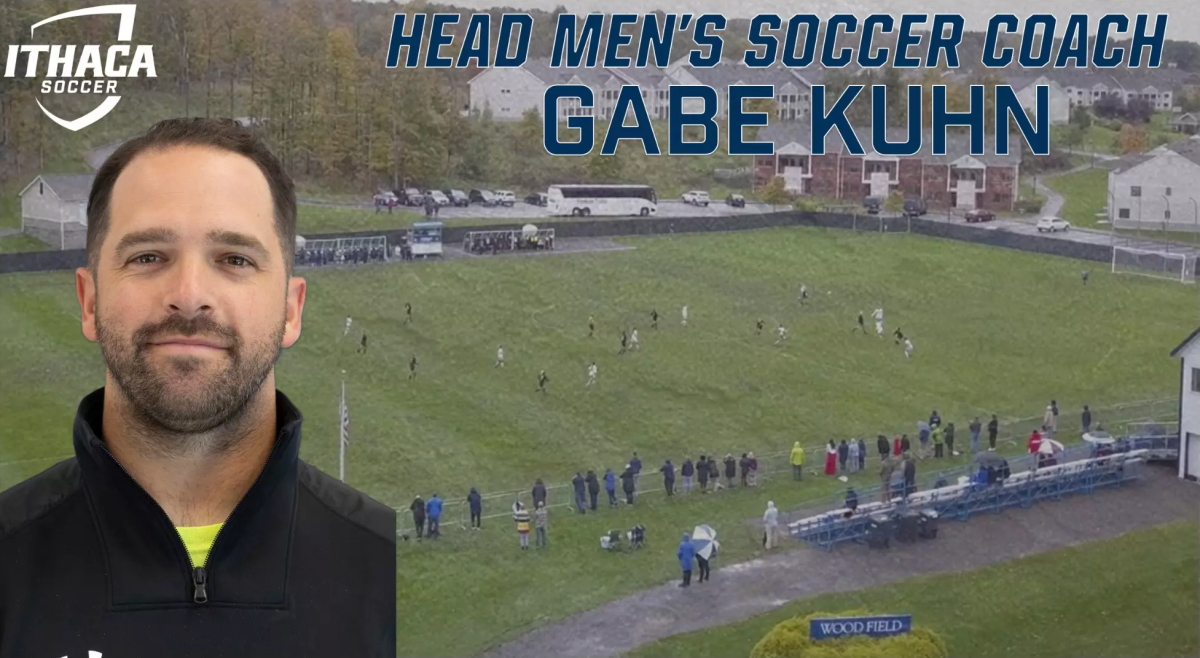Recreation Support Services (RSS), a department of the Ithaca Youth Bureau, provides recreation programs for disabled children and adults year round through the utilization of community recreational facilities.
“We do a whole array of recreation, both physical and nonphysical,” program coordinator Joanie Groome said. “On a really good note, I can’t think of a single place that hasn’t been extremely accommodating to us. We’re pretty lucky in that sense.”
[topswf swf=’https://www.ithacaweek-ic.com/wp-content/uploads/2014/03/Nigro_Swinnerton_flash.swf’ width=’550′ height=’400′ quality=’best’ wmode=’transparent’ scale=’default’ flashvars=” allowfullscreen=’false’]
In order to use the recreation services that RSS provides, you must be registered with the program. There is an application form and an assessment to map out what is of interest to an individual, and also what support the individual will need to participate.
Even with the numerous classes that RSS provides, they continue to work to help as many people as possible.
“Every single one of our programs is full,” Groome said. “We know that we’re not serving all the people in Ithaca that could utilize our services, but we do the best that we can.”
Island Health & Fitness, an athletic facility near the Ithaca inlet, partners with the Cayuga Medical Center, and is attentive to the needs of individuals with special needs in that regard, according to General Manager Christine Cummings.
The facility provides ample disability parking, wide aisle space between machines, wheelchair-accessible exercise equipment and pool areas, as well as a full-service physical therapy center and spa for rehabilitation.
“It’s part of our mission to be inclusive and to better the community health,” Cummings said. “It’s not a discriminatory thing. We want to provide health and wellbeing for everybody.”
Island Health & Fitness is an adult-based facility. Only individuals 14 and above are permitted on the equipment floor. Head Over Heels Gymnastics, alternatively, is devoted to working with children in the Ithaca community, both able-bodied and disabled.
“We like to make accommodations on a case-by-case basis, depending on the particular needs of the students,” said Dean Altes, owner of Head Over Heels. “Many times, we start students with disabilities out in a private lesson situation to both help them get comfortable and give the instructor time to assess their needs.”
Sarah Smith, assistant manager of Finger Lakes Fitness, has worked with disabled clients, including one man with prosthetic leg.
“Typically when someone comes in who has disabilities, they have someone who comes in with them to help us out, and then we work to make them feel comfortable here,” Smith said. “We are all knowledgeable and can modify things or come up with exercises they can do, depending on their limitations.”
Fitness facilities both in Ithaca and across the country are beholden to the 1990 Americans with Disabilities Act, which lays out standards accommodating the approximately 36 million people in the U.S. with physical or mental disabilities. Athletic centers abiding by these regulations help disabled people achieve their fitness goals.

